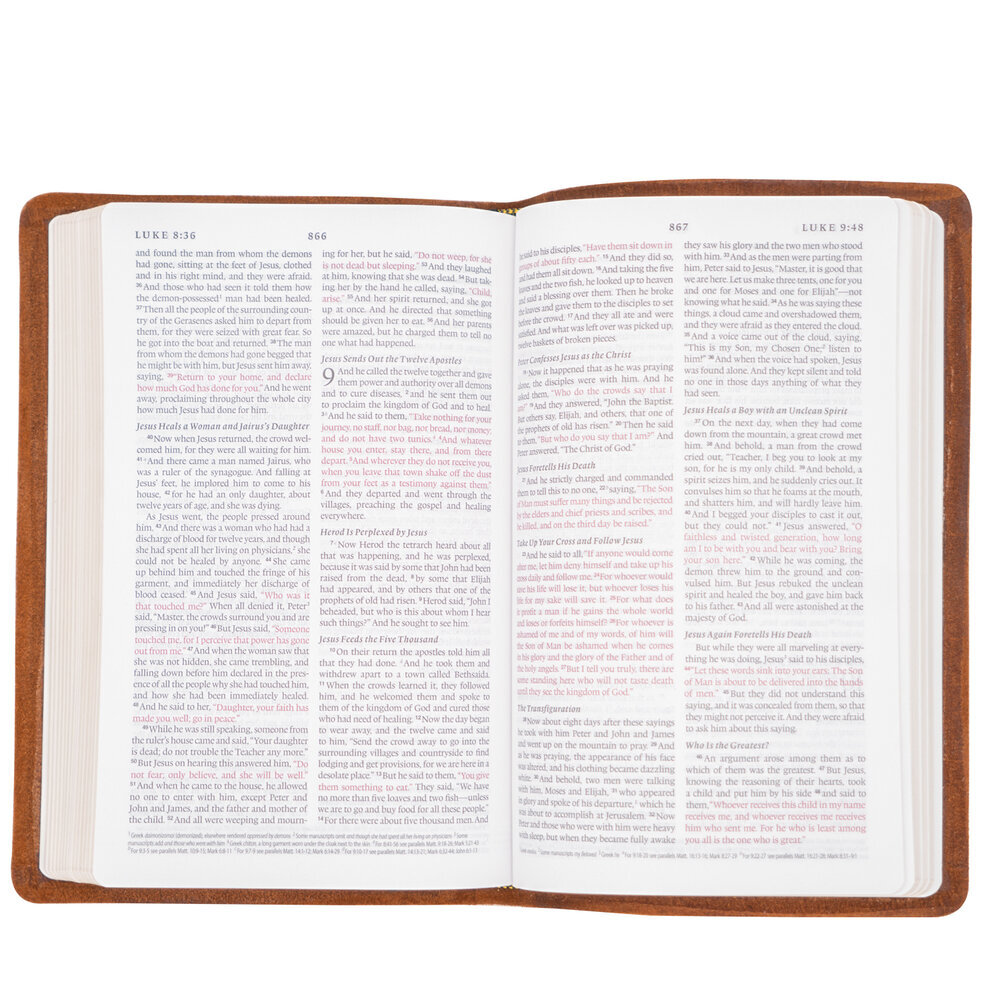
Two of the ESV’s final changes were in Genesis, and evoked a slightly more complementarian reading. Other translations focus on finding and translating each passage’s thought or meaning. That won’t happen with the ESV, which, like the KJV, aims to be an “ essentially literal,” or word-for-word, translation. (CT has explored whether copyrights help or hurt Bible translation.) So modified versions of the KJV have been popping up in the United States and elsewhere for several hundred years. One difference: While the ESV copyright is held universally by Crossway, the KJV copyright held by the Crown of England is only valid in the United Kingdom. “The text of the ESV Bible will remain unchanged in all future editions printed and published by Crossway-in much the same way that the King James Version (KJV) has remained unchanged ever since the final KJV text was established almost 250 years ago (in 1769),” Crossway stated on its website. The ESV is following the example of a much older-and surprisingly popular-translation. The board then voted, unanimously, to make the text “unchanged forever, in perpetuity.”

The translation oversight committee changed just 52 words across 29 verses-out of more than 775,000 words across more than 31,000 verses-for the final “permanent text” edition.
Esv bible reading update#
The English Standard Version (ESV) received its final update this summer, 17 years after it was first authorized by Crossway, its publisher.


A popular Bible translation is now literally the unchanging Word of God.


 0 kommentar(er)
0 kommentar(er)
